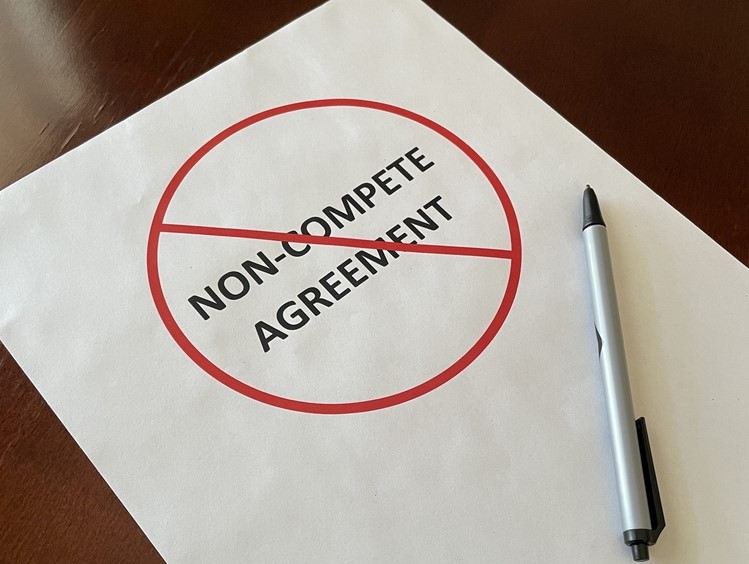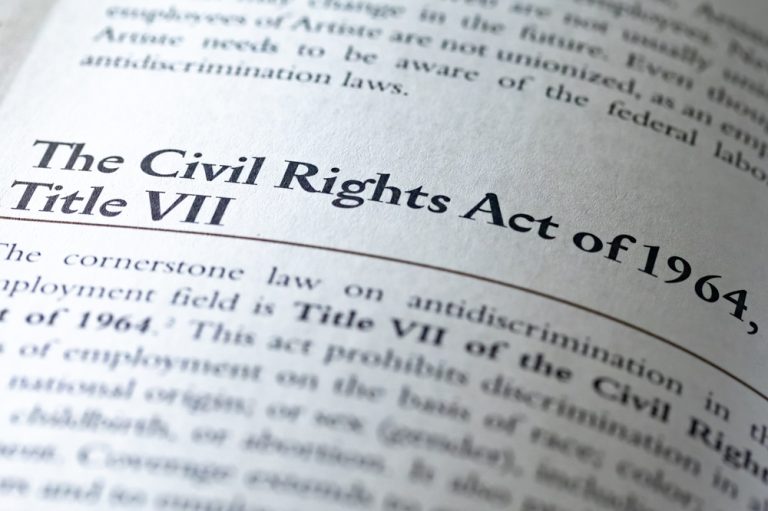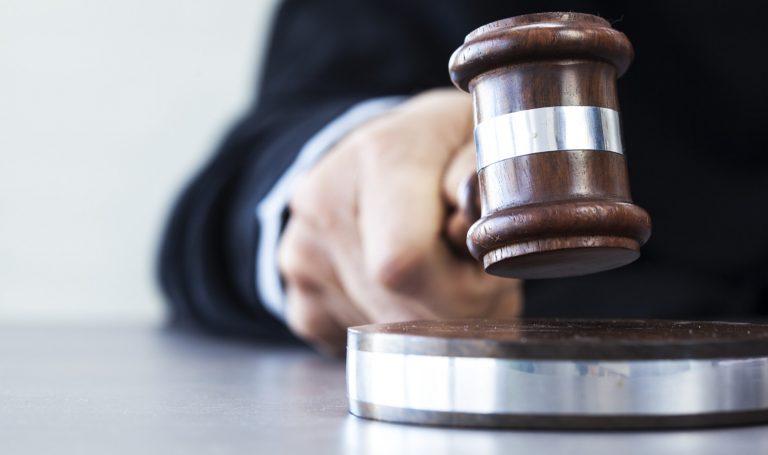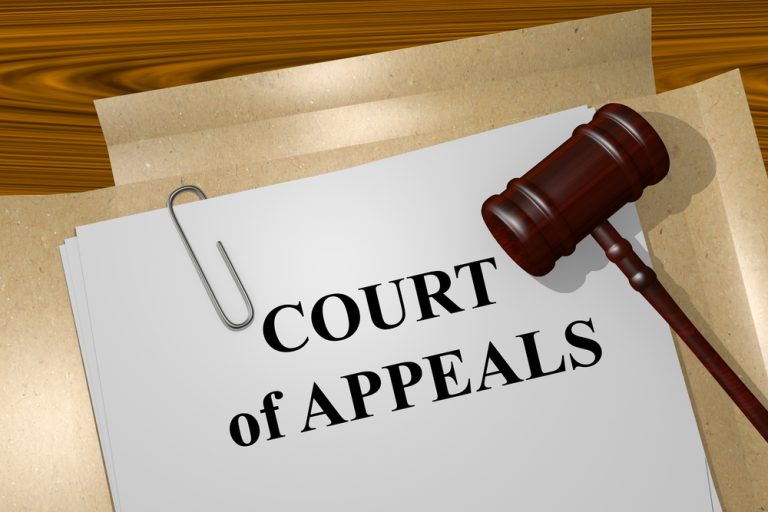Collab with Claims Handling is Key to Success for Insurance Defense Litigation
Collab with Claims Handling is Key to Success for Insurance Defense Litigation
In this article for the Insurance Journal, Blake Bonsack and Allan Rotlewicz explore the importance of collaboration between claims handlers and defense counsel in navigating insurance defense litigation.
Navigating insurance defense litigation is a complex and often challenging process. Understanding the roadmap and important rules along the way ensures a smoother and more successful path. It is crucial for claims handlers and defense counsel to work together to develop a case strategy and routinely re-evaluate whether a different route is better. It’s important to ask questions regarding strategy options and the potential outcomes and issues of each.
Pleadings and Initial Evaluation
The first stop on our roadmap is responding to the complaint. In Florida, responses are due within 20 days of service of the complaint, and most states require a response within 20-35 days. A defendant’s answer must address each of the plaintiff’s enumerated allegations, typically admitting or denying each allegation. A defendant’s answer can also raise affirmative defenses and allege claims against the plaintiff or a third-party defendant. If sufficient facts aren’t available before discovery, it may make sense to amend the answer at a later date to incorporate them.
Alternatively, a defendant can file a motion to dismiss if the plaintiff’s claims do not state a valid cause of action. As a fact-pleading jurisdiction, Florida’s rules governing civil cases require “a short and plain statement of the ultimate facts showing that the pleader is entitled to relief.” In ruling on the motion to dismiss, the court will not look beyond the four corners of the complaint.
Before responding to the complaint or immediately afterward is a great opportunity for defense counsel and the claims examiner to discuss initial strategies. Are there concerns that make the case a settlement candidate? Are the defenses strong so that trial should be considered? What information is missing from the claim file that should be sought in initial discovery? All of these topics should be discussed during the initial evaluation and continuously addressed throughout the litigation.
Discovery
The roadmap then leads us to discovery. Typically, initial written discovery is served with the complaint, and discovery demands should be served on the plaintiff with the response. What information is sought in initial discovery depends on the type of case. For example, in a negligence case the plaintiff will seek information related to how the accident happened, other accidents involving the defendant, whether the accident involved an individual or a corporation and identifying witnesses to the incident. In a first-party property case, discovery will seek records related to the claim investigation and coverage determination. Defense counsel should discuss with the claims examiner and client what records are being produced, whether privileged documents should be produced—waiving privilege—and how production may strengthen or weaken the case. In Florida there is no duty to supplement discovery responses, so it is important to file supplemental discovery seeking the most recent information.
After written discovery is completed, depositions are often an excellent tool for gathering and corroborating facts and testimony that could be used at trial. Depositions are also an opportunity to gauge how a party or other witness will present to a jury. After depositions, claims handlers and defense counsel should identify additional discovery and claims investigation opportunities.
Claims handlers and defense counsel should also evaluate whether the undisputed facts support a motion for summary judgment on all or some of the plaintiff’s claims. In evaluating this, it is also helpful to discuss when to file the motion and schedule the hearing. It may be a good idea to serve the motion before mediation but schedule the hearing after mediation to use it as leverage. On the other hand, if the motion may limit damages or dismiss certain counts, resolving it before mediation may be a more effective strategy.
Mediation
Once initial discovery is completed, the next stop is mediation. In Florida, mediations (or arbitrations) are routinely mandated by the court’s trial order. While settlement negotiations are possible throughout the litigation process, mediation provides an excellent opportunity for the parties to evaluate and posture their arguments. Reaching a resolution at this time can be the last opportunity before incurring significant fees and costs related to trial preparation. As with all settlement negotiations, mediations are confidential.
In some instances, such as when liability is clearly adverse and the alleged damages are known and verifiable, an early mediation can be the best option to keep costs down for all parties. If there are multiple claimants and the available policy limits are likely to be met, an early global settlement conference with all claimants can be the best and fastest path to resolution.
Trial
Trial evaluation begins as soon as defense counsel receives the file. While the defense attorneys may not have all the facts upon initial assignment, effective counsel will consider the theme of the case and what discovery is necessary to develop the best defenses. However, discovery may develop facts that benefit the plaintiff, and defense counsel should flush them out to evaluate how they will present at trial and how they change the overall case strategy.
Managing Defense Counsel
Teamwork and frequent communication are key to efficiently litigating a case. If defense counsel does not provide detailed evaluations with options and recommendations, claims examiners should request them. These should provide sufficient information so that someone not involved in the day-to-day handling of the case can read the report and understand the case.
Additionally, it is reasonable for claims examiners to expect their defense counsel to understand that they don’t work in a vacuum and may discuss strategy with a manager, in-house counsel, claims committee or C-suite roundtables. Examiners should share with defense counsel what comes of those discussions so that they can help frame the strategy.
Claims examiners must feel comfortable asking difficult questions of defense counsel and being a part of the overall case strategy. A variety of circumstances will impact whether a case reaches settlement or proceeds to trial, and strong collaboration will enable the entire team to best prepare the case.









